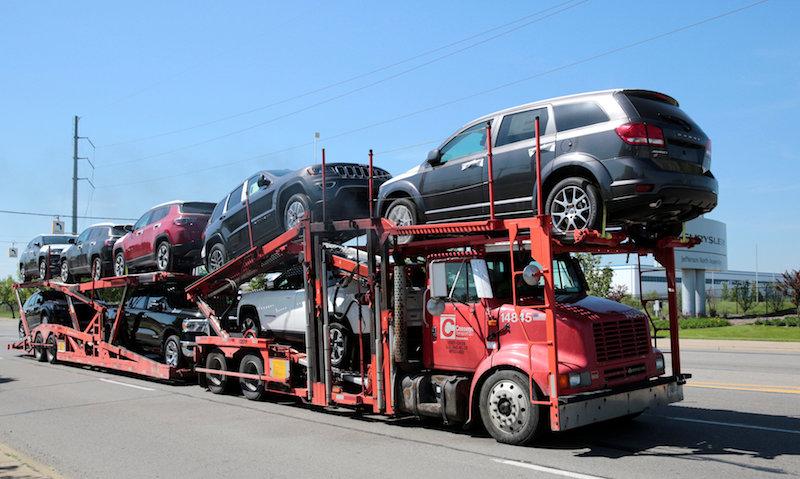The quality of new vehicles in the United States has been declining since 2021 as factors such as the growing use of technology and lower build quality of certain parts are making the models more “problematic,” automotive consultant J.D. Power says.
Some of the worsening issues involve basic parts of the car, such as audio systems, cupholders, horns, and door handles, according to the 2023 U.S. Initial Quality Study (IQS).




